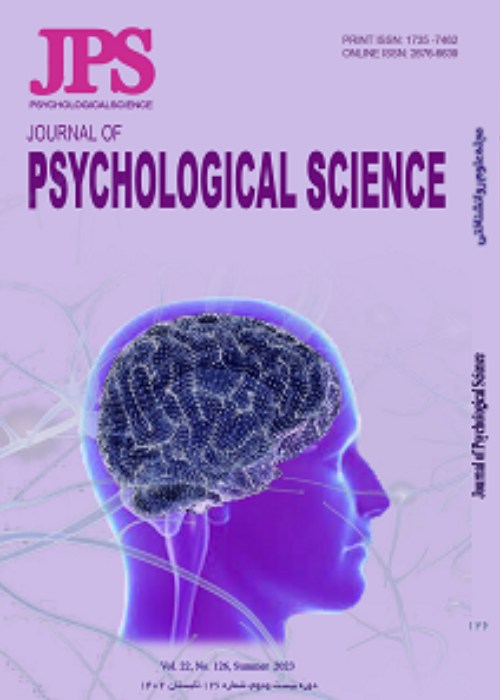The role of marriage attitude and emotional maturity in predicting marriage instability in women and men
The instability of marriage has a deep impact on a couple's relationship and family structure. Although many studies have been conducted on marital instability, the role of attitude towards marriage and emotional maturity in predicting marital instability has been under-examined.
This research was conducted to identify the contribution of emotional maturity factors, attitude towards marriage, age at marriage, and income level to the instability of marriage of married men and women with a minimum of 5 and a maximum of 10 years of marriage. Also, identifying the role of the factors of attitude towards marriage and the factors of emotional maturity in predicting the instability of the marriage of the two studied groups is one of the goals of this study.
In this research, descriptive, correlation, and regression tests have been used. One-hundred ninety-seven men and women with a minimum of 5 and a maximum of 10 years of history of marriage and at least one child were selected using non-probability purposive available sampling and answered questionnaires about marital instability (Booth et al, 1987), attitude towards marriage (Rozon and Bratton, 1998) and emotional maturity (Singh and Bhargava, 1974) have answered. The age at the time of marriage and the amount of income were collected through interviews. The data have been analyzed using t, correlation, and regression tests.
In this research, descriptive, correlation, and regression methods were used. One hundred and ninety-seven men and women with a minimum of 5 and a maximum of 10 years of cohabitation were selected as available to answer questionnaires on marital instability (Booth et al, 1987), attitudes toward marriage (Rozon and Bratton, 1998), and emotional maturity (Singh and Bhargava, 1974) to answer. Also, the age at the time of marriage and the amount of income were collected through interviews. Data were analyzed using t, correlation, and regression tests.
The results showed that pessimism in women and men, lack of emotional stability in women, and social adjustment in men affect the degree of marital instability. The results of this research can be used to formulate and implement educational and therapeutic programs to reduce couples' pessimism and increase women's emotional stability and men's social adjustment to reduce couples' marriage instability.
- حق عضویت دریافتی صرف حمایت از نشریات عضو و نگهداری، تکمیل و توسعه مگیران میشود.
- پرداخت حق اشتراک و دانلود مقالات اجازه بازنشر آن در سایر رسانههای چاپی و دیجیتال را به کاربر نمیدهد.


